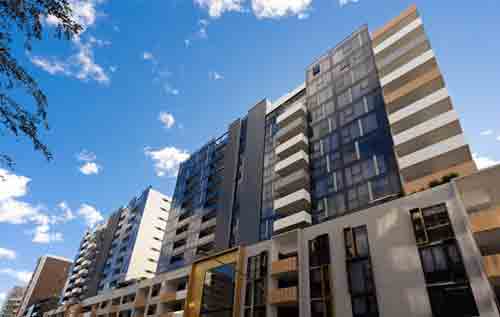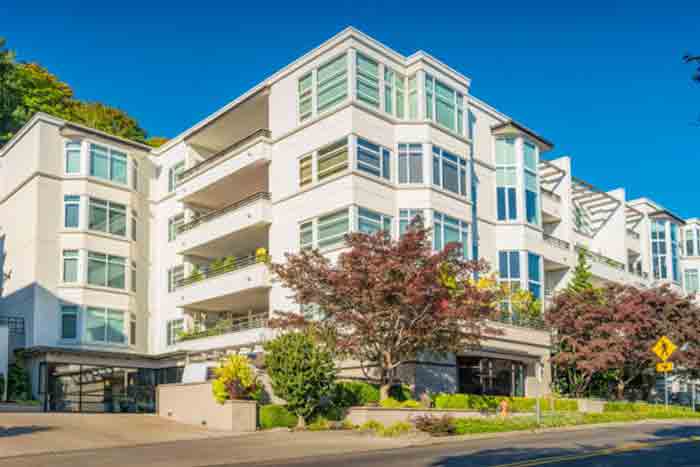When it comes to buying a home, prospective homeowners must consider their options. Apartments and condominiums are two of the most popular choices for living arrangements. Although they may appear to be similar, there are significant differences between them. In this blog post, we will discuss those differences and how they impact potential homebuyers. To learn more information on condo, you have to visit Bukit Batok West EC showflat site.
Types of Ownership Structure:

The primary difference between condos and apartments is the type of ownership structure associated with each property type. Apartment owners rent their homes from a landlord who holds title to the apartment complex. By contrast, condo owners purchase individual units within a larger complex which is owned jointly by all unit holders. This means that each owner has exclusive rights to their own unit, but also shares responsibility for common areas such as hallways, lobbies and recreational facilities with other unit holders in the same development.
Maintenance Responsibilities:
Another key difference between these two types of living arrangements is that apartments usually require less maintenance than condos do due to their rental status. Generally speaking, landlords will take care of most major repairs such as plumbing or electrical issues while tenants are responsible for minor upkeep tasks like changing light bulbs or keeping up with landscaping duties. Conversely, condo owners often bear more responsibility for maintaining their own units as well as any common areas shared among multiple units in their building or complex. Additionally, condo associations generally assess monthly fees from its members to cover any shared expenses related to upkeep or repairs in communal spaces.
Cost:
Generally speaking, apartments tend to be more affordable than condominiums since tenants rarely have to make large investments upfront like buyers do when purchasing a condo. Additionally, renters may benefit from lower utility costs since landlords typically handle payments for utilities like water and electricity which can help keep monthly expenses down even further if you live in an energy efficient apartment building. On the other hand, even though purchasers may have higher upfront costs associated with buying a condo (including closing costs), they could potentially save money on monthly expenses due to lower taxes and common area fees assessed by homeowner associations compared to what renters might pay in rent payments over time depending on where they live and other factors related to specific properties and locations.
Is it easier to get approved for an apartment or a condominium?
It depends on your credit score and financial situation; typically lenders require higher credit scores from prospective buyers looking into purchasing condos compared to those applying for an apartment rental agreement since buyers must make substantial investments when buying property whereas renters only need enough money saved up for security deposits just like any other rental application process would require.
Are there restrictions regarding pets in condos vs apartments?
It largely depends on individual properties so it’s best practice to check with each location before making any decisions but generally speaking; pet policies tend be more lenient in renting apartments versus owning condominiums as many homeowner associations usually have strict regulations concerning animals living on premises so it’s important read through all relevant documents carefully before signing anything if you’re considering either option as a pet owner.
Conclusion:
Ultimately, whether you decide an apartment or condominium is right for you will depend on your individual preferences along with several factors such as cost considerations, maintenance responsibilities and ownership structures involved when weighing both options against one another carefully before making your final decision about where you want your new home sweet home should be.

